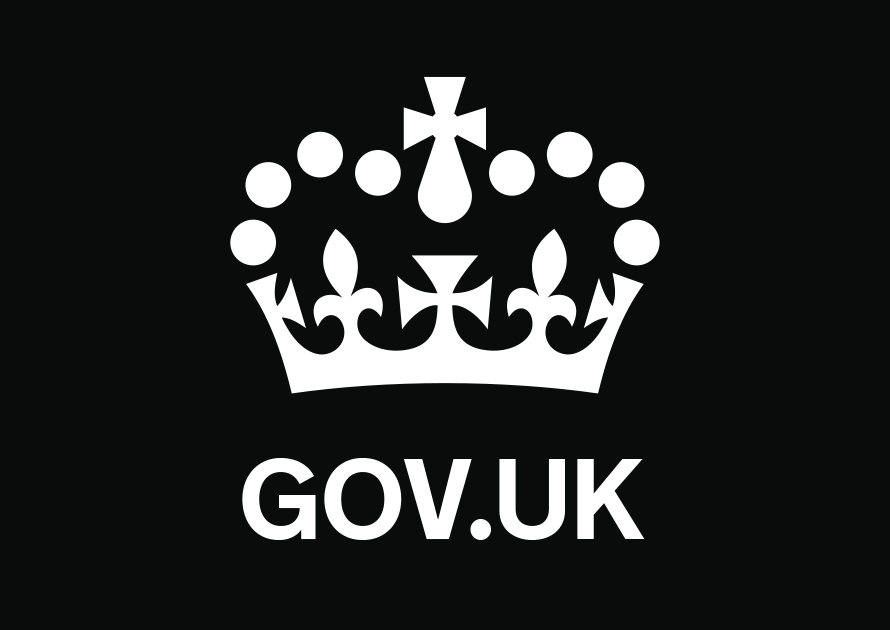If your goods originate in the EU or UK, you may be able to claim a preferential rate of duty when imported into the respective countries and released to free circulation. This means they’ll be free of Customs Duty.
Rules of origin
To claim preferential rates of duty, your product must originate in the EU or UK (as the exporting country) as set out in Chapter 2 of the Trade and Cooperation Agreement ‘rules of origin’ and the ‘Product Specific Rules of Origin’ in Annex 3.
The introductory notes to product specific rules of origin can be found in Annex 2.
You’ll need to know how to classify your goods when checking the product specific rules.
If your goods do not meet the rules of origin requirements (or if you cannot prove that the goods meet them) you’ll still need to pay Customs Duty. To find out the rate of duty, you’ll need to classify your goods correctly.
Proof of origin
To benefit from preferential tariffs when importing into the UK from the EU (or importing into the EU from the UK), the importer will need to declare they hold proof that the goods comply with the rules of origin.
You’ll be entitled to claim the preferential rate of duty if you have either:
- a statement on origin that the product is originating made out by the exporter
- knowledge that the product is originating (importer’s knowledge)
If you’re delaying your declarations for goods imported into the UK from the EU you only need to declare a proof of origin when you make your supplementary declaration.
Statement on origin
The text for a statement on origin is in Annex 7 of the Trade and Cooperation Agreement.
When exporting from the EU to the UK a statement on origin can be made out by any exporter where the value of the consignment is 6,000 euros (currently £5,400) or less. Above this amount the EU exporter must have a Registered Exporter (REX) number and include it in the statement.
When exporting to the EU you must include your Economic Operator Registration and Identification (EORI) number in any statement you issue to your EU customer, regardless of the value.
The statement on origin must be provided on an invoice, or any other document, including commercial document (excluding a bill of lading), describing the originating product in sufficient detail to enable its identification.
You can claim preference for different goods on the same document. You’ll need to clearly identify the goods that are originating and non-originating. There is no fixed method for doing this — the only requirement is that those goods are clearly indicated.
It will be valid for 2 years from the date it was made out on imports into the UK and 12 months for imports into the EU.
You must hold a supplier declaration (when needed) at the time you issue a statement on origin.
If you do not have a supplier declaration, or other information to show the originating status of the goods for any statements on origin you’ve issued during the easement period (1 January 2021 to 31 December 2021), then there is an obligation on you to let your customer know.
If you’re subject to a request for verification and you cannot provide evidence to show that the goods you exported to the EU originate in the UK, your EU customer will be liable to pay the full rate of Customs Duty.
Importers knowledge
‘Importers knowledge’ allows the importer to claim preferential tariff treatment based on evidence they have obtained about the originating status of imported products. This evidence must be in the importer’s possession, be in the form of supporting documents or records which may be provided by the exporter or producer and provide evidence that the product qualifies as originating.
As the importer is making a claim using their own knowledge, no statement on origin has to be provided by the exporter or producer.
How to claim a preferential rate of duty
If you’re importing goods into the UK, there’s a different way to claim the preferential rate of duty depending on which system you’re using to make your import declaration.
If you’re using the Customs Declaration Service (CDS)
| Data Element (DE) | What you must include |
|---|---|
| DE 4/17 | Must include a preference code in the 300 series. |
| DE 2/3 | Must include one of the following codes, as appropriate: • U110 — if the claim is based on a ‘statement on origin’ for a single shipment • U111 — if the claim is based on a ‘statement on origin’ for multiple shipments of identical products to cover a 12-month period • U112 — if the claim is based on importers knowledge (this must be declared with status code JP) U110 and U111 must be declared with one of these status codes AE, AF, AG, AP, AS, AT, GE, GP, HP, JE, JP, LE, LP, UA, UE, UP, US, XA, XB and the commercial document reference number. |
More information
You can find more detailed guidance about the rules of origin for goods moving between the UK and EU.



